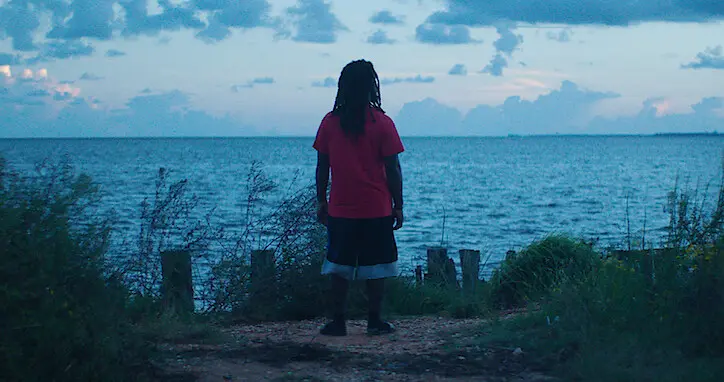Summary
As equally fascinating as it is riveting, Descendant is an extraordinary documentary about oral histories, gatekeeping, and community. Margaret Brown’s film is like no other.
Descendant is an extraordinary documentary film about cultural gatekeeping and community. Equally fascinating as it is riveting, Margaret Brown‘s film is an oral history of a mystery filled with racism and socioeconomic despair. This Netflix film also has the type of morality that people try to convince themselves of its ambiguity as decades pass, never more than when a white descendant of a slave ship captain mistakes a new and unlikely bond to voice his opinion that is as jaw-dropping as the story itself. Trust me. It’s a stunner.
Ms. Brown’s film documents the story of Clotilde, believed to be the last ship to ever bring over slaves to North America. There has been some debate if the ship sailed into Mobile Bay in 1859 or 1960. However, if you were wondering, this was decades after the prohibition of slaves. Not to mention years after the end of the civil war, but still before the emancipation of slaves in Texas in 1865. (Which still had over 250,000 slaves at the time). In all, one hundred ten men, women, and children were on that ship, as a wealthy man known as Timothy Meaher decided to empower Captain William Foster to buy slaves from West African prisoners of war. And since the practice was illegal, Foster took the ship and burnt it near the landing. A captivating mystery that many have tried to solve is locating this infamous vessel.
Where Brown’s film excels is in exploring the aftermath. Many of the now-freed people formed a community called Africatown, a thriving community that celebrated life, culture, and freedom unique to the area. Many of the descendants lived for decades after being freed. Most spoke Yoruba, a language derived from Southwestern and Central Nigeria. One person, an author, and artist, Emma Roche, interviewed a man named Cudjo Lewis, known as the last descendant of that ship at the turn of the 20th century. (However, it was proven later that two women who lived past Lewis died in 1937 and 1940). Zora Neal Hurston interviewed and taped Lewis as well in 1927.
Another engrossing layer of this story is how today’s modern climate shines a light on this community’s socioeconomic issue. While Afircatown is now a National Historic Place, it was absorbed by Mobile but cut off from the world with highways and major industrial factories and plants. This caused visitors to bypass the area, ruining the local business and has residents more prone to respiratory diseases and cancer. This is sadly seen across the country. For instance, take the racially motivated attack over the summer in Buffalo, New York. The attack was at the only community grocery store for miles that predominantly resides African Americans. An area cut off from the world because of highways built to segregate minority neighborhoods.
This leads to accusations against the Meaher family. They own most of the wealth and businesses in the area they are covering up where the Clotilde is located. But why? Well, it goes back to reparations, and the descendants of Africatown have a case if the Meaher family’s wealth can be traced back to that cargo helping increase or solidify their bank accounts. Remember, none of this would ever have come to light if not for a few people who took it upon themselves, a community of gatekeepers and historians of these descendants. A glimpse back in time when someone known in West African culture as a “griot” keeps memories alive through oral histories. Someone must since history books usually keep track of the winners or people in power’s interpretation.
What you have here with Margaret Brown’s film is a fascinating cultural touchstone, a documentary that morphs into different genres that all work and blend beautifully together. It’s part historical piece, part moving human drama, part mystery, and part political thriller. Descendant works on many levels. It’s a fascinating watch, as the search for a ship is found in a remote area with a Meaher family marker. When experts dive down and take a look, they find recent damage that indicates at some points someone may have tried to destroy the ship. My read, maybe perhaps sometime in the nineties, local officials and journalists accuse the Meahers of intentionally directing many off the trail.
Netflix documentary Descendant has so many authentic moments it is hard not to be absorbed by it all, from today’s modern issues and the community that kept the oral history of that Clotilda alive until the present day. However, the camera doesn’t lie, and when a white man, the last descendant of Clotilda’s ship captain, takes a new community bond, he exposes a truth about how someone can still view this history through their own biased, perhaps unconscious lens. He says that he heard the captain was the only one who treated the men, women, and children illegally enslaved with respect.
It’s a jaw-dropping and incredibly tone-deaf moment that reminds us we all must be quiet and just listen.




